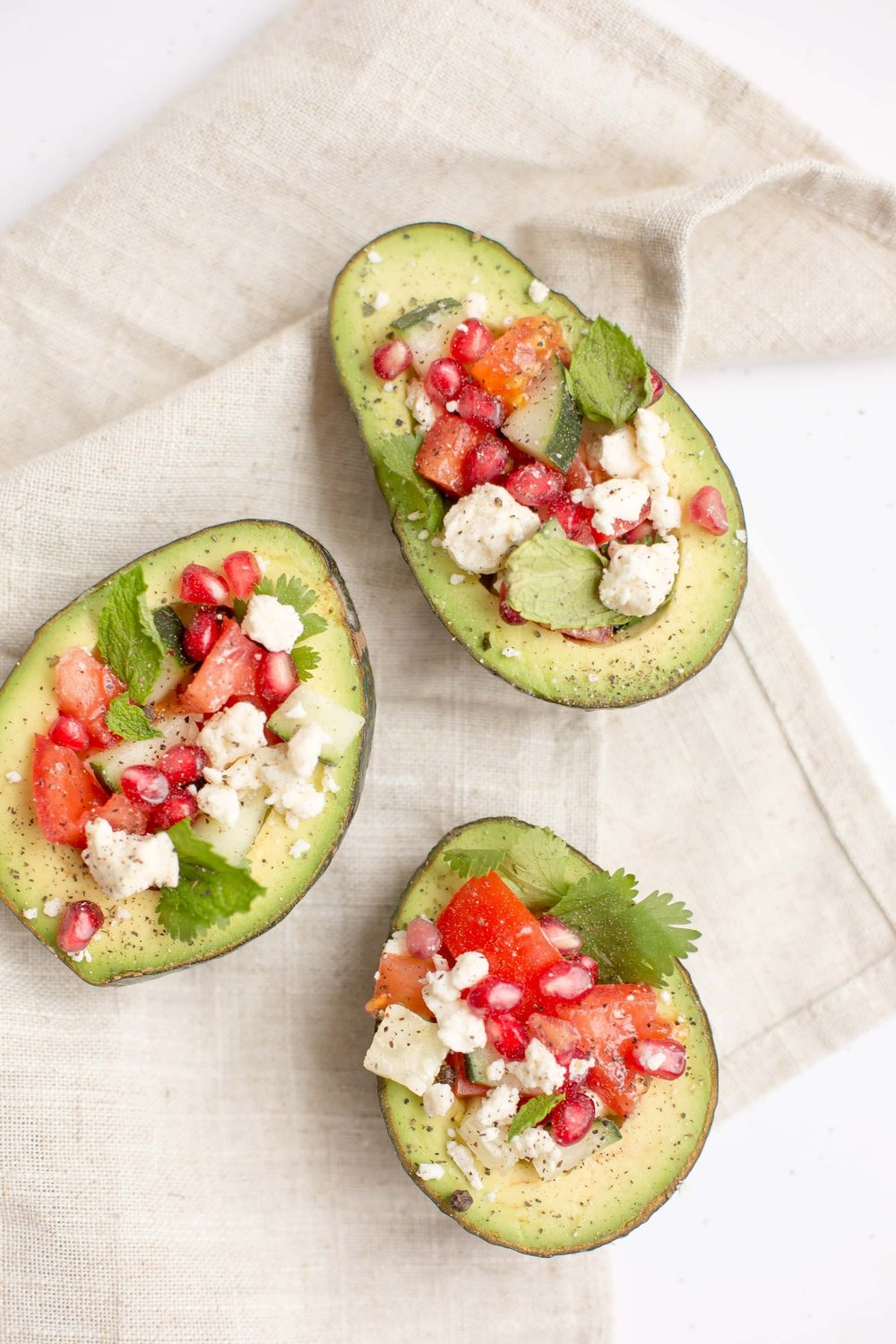Magnesium is a superhero nutrient that plays a crucial role in various bodily functions.
This blog post explores the benefits of magnesium, how to ensure you are getting an adequate intake, and provides a recipe rich in magnesium.
Sound good? Don't get bored too soon - magnesium is pretty important (and it can help you with sleep). Read on...
Magnesium's importance in our body
Do you hear the word magnesium here and there, but you have no idea why it's an important mineral for your health?
I'll give you the low down in a short read!
The science
Magnesium is an essential mineral that supports numerous chemical reactions in the body. It is involved in energy production, enzymatic reactions, and the regulation of muscle and nerve function, blood sugar levels, blood pressure, protein synthesis, and the formation of bone and DNA.
Low magnesium levels may contribute to inflammation in the body, therefore getting adequate intake can have an anti-inflammatory impact.
Additionally, research suggests that magnesium may also play a role in preventing type 2 diabetes, Alzheimer's disease, hypertension, chronic kidney disease, and strokes. Do I have your attention yet?
What about magnesium deficiency
The daily recommended intake of magnesium is 400–420 mg per day for men and 310–320 mg per day for women.
Did you know that studies show that nearly two-thirds of Americans fail to meet the recommended daily intake of magnesium? This deficiency is mainly due to inadequate consumption of magnesium-rich foods, such as dark leafy greens, whole grains, and beans. Active people may lose magnesium through sweat, therefore they should pay particular attention to their intake.
Magnesium also comes in supplement form. The forms that absorb well in the body include magnesium citrate, glycinate, orotate, and carbonate. Check with your doctor before taking a magnesium supplement if you have a medical condition.

Health benefits and magnesium-rich foods
Getting enough magnesium in your diet will impact your health in many positive ways:
Reducing muscle cramps:
Magnesium is essential for muscle function and relaxation. It works by regulating muscle contractions helping to prevent involuntary cramps. It can be helpful for soreness during exercise and with muscle spasms.
Supports heart health:
Adequate magnesium levels are associated with a reduced risk of cardiovascular diseases. Magnesium helps relax blood vessels, lower blood pressure, and maintain a stable heartbeat.
May help with depression:
Low magnesium levels are linked to an increased risk of depression. Sufficient magnesium helps with brain function and potentially can improve mood and relieve anxiety.
May ease migraines:
Magnesium supplementation has been shown to reduce the frequency of migraines. It can also be used in emergency settings to treat severe migraines.
Improves sleep:
Magnesium may contribute to better sleep quality. It may help individuals fall asleep faster and stay asleep longer, especially if you have restless leg syndrome.
Magnesium-rich foods:
- Pumpkin seeds: 28 grams per ounce
- Chia seeds: 28 grams per ounce
- Spinach, boiled: 90 grams per 1/2 cup
- Almonds: 28 grams per ounce
- Cashews: 28 grams per ounce
- Black beans, cooked: 86 grams per 1/2 cup
- Edamame, cooked: 78 grams per 1/2 cup
- Peanut butter: 32 grams per 2 tablespoons
- Brown rice, cooked: 100 grams per 1/2 cup
- Salmon, cooked: 85 grams per 3 ounces
- Halibut, cooked: 85 grams per 3 ounces
- Avocado: 75 grams per 1/2 cup
While a blood test is the most accurate method, paying attention to symptoms such as fatigue, muscle cramping, high blood pressure, anxiety, and sleep disturbances can indicate a potential magnesium deficiency. Make sure to check with your doctor if you think you may be deficient or are having any of the mentioned symptoms.
Recipe: Quinoa Black Bean Kale and Avocado Salad
Ingredients
- 1 cup cooked quinoa
- 2 cups chopped kale
- 1/2 cup black beans
- 1/4 cup pumpkin seeds
- 1/4 cup almonds
- 1 avocado, sliced
- 2 tablespoons olive oil
- 1 tablespoon lemon juice
- Salt and pepper to taste
Instructions
- Cook quinoa according to package instructions and let it cool.
- Combine cooked quinoa, chopped kale, black beans, pumpkin seeds, and almonds in a large bowl. You can substitute other nuts/seeds of your choice.
- In a separate small bowl, whisk together olive oil, lemon juice, salt, and pepper to create the dressing. Feel free to add your own spices here.
- Drizzle the dressing over the quinoa mixture and toss well to combine.
- Top with sliced avocado.
- Serve the salad chilled and enjoy!
Now that you know magnesium is a vital mineral that supports many bodily functions and has many health benefits, try incorporating more magnesium-rich foods into your diet. Your body, muscles, heart (and more) will thank you! Embrace this superhero mineral!



Comments ()